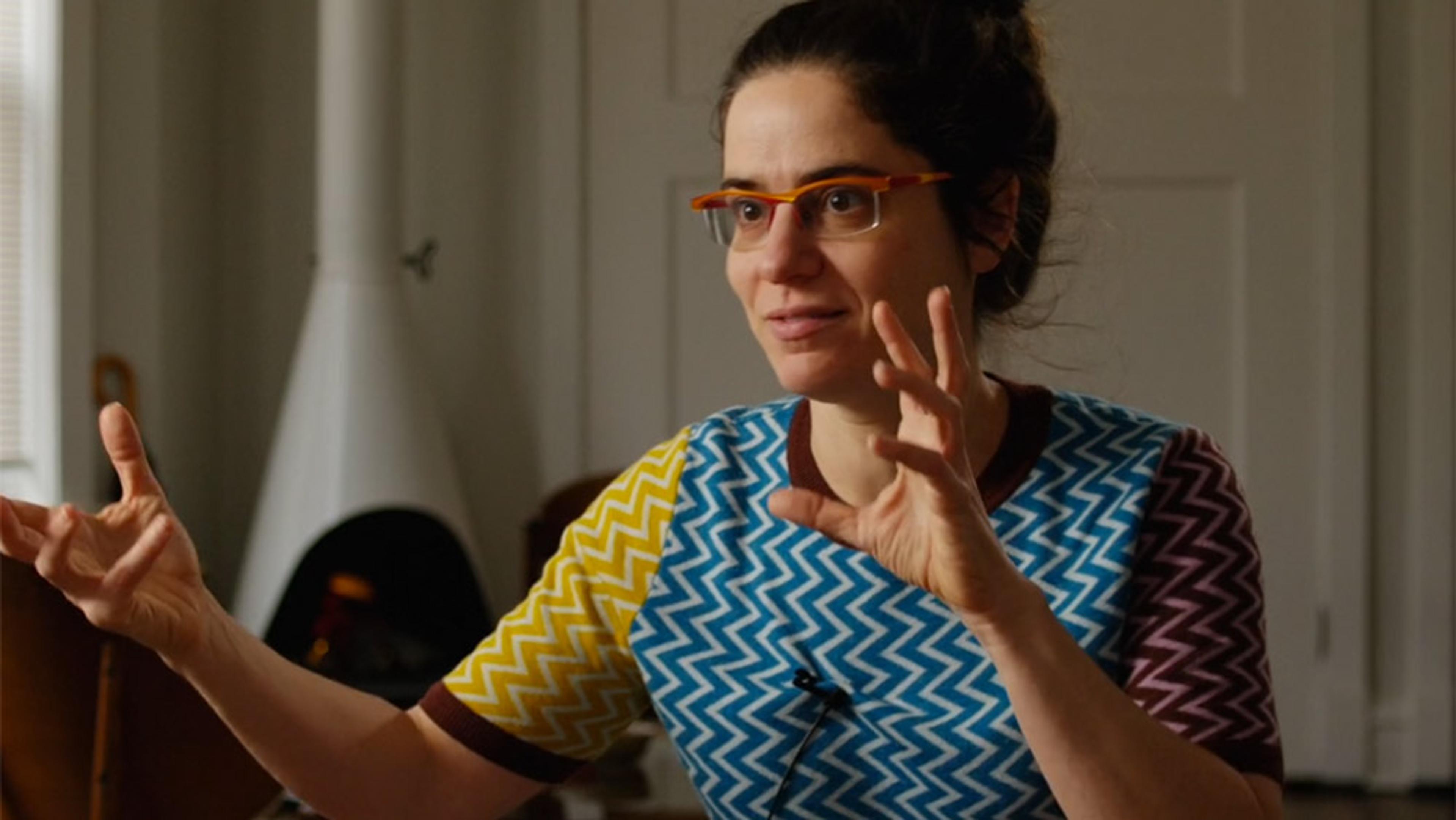The very fact that, for millennia, philosophers have given deep thought to the problem of selfishness is good evidence that it’s an enduring part of the human condition. But how can we recognise when it’s truly a problem within ourselves? And how might we endeavour to overcome it? This cleverly animated short from TED-Ed surveys how a wide range of famed thinkers viewed selfishness across the ages. Ultimately, the piece zeroes in on the ideas of the 20th-century philosopher and novelist Iris Murdoch, who believed that overcoming selfishness required cultivating an expansive form of love centred on acknowledging the reality of the world beyond oneself.

videoCosmopolitanism
Is the introspection of self-help and therapy hurting our ability to empathise?
10 minutes

videoHistory of ideas
Socrates believed self-knowledge was essential. Today, we wonder if there’s even a self to know
2 minutes

videoValues and beliefs
How the philosophical paradox of aspiration is resolved by a new theory of self-creation
31 minutes

videoHistory of ideas
The self is not always selfish: Mary Midgley takes on Richard Dawkins
28 minutes

videoHistory of ideas
For proof that love is timeless, consider how long philosophers have debated it
6 minutes

videoVirtues and vices
Why Jean-Jacques Rousseau and Adam Smith were divided on the virtues of vanity
5 minutes

videoSelf-improvement
Why preparation, not willpower, is the key to mastering self-restraint
5 minutes

videoPhilosophy of mind
We may never settle the ‘free will’ debate, but tapping into it is still worthwhile
32 minutes

videoEthics
Plato saw little value in privacy. How do his ideas hold up in the information age?
5 minutes